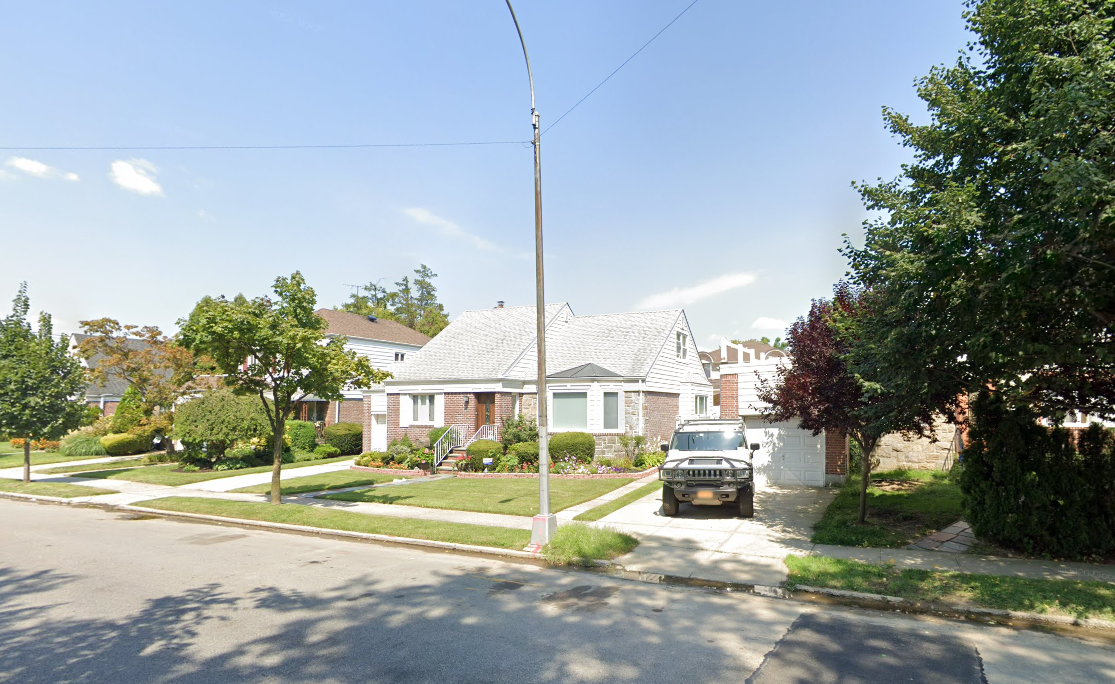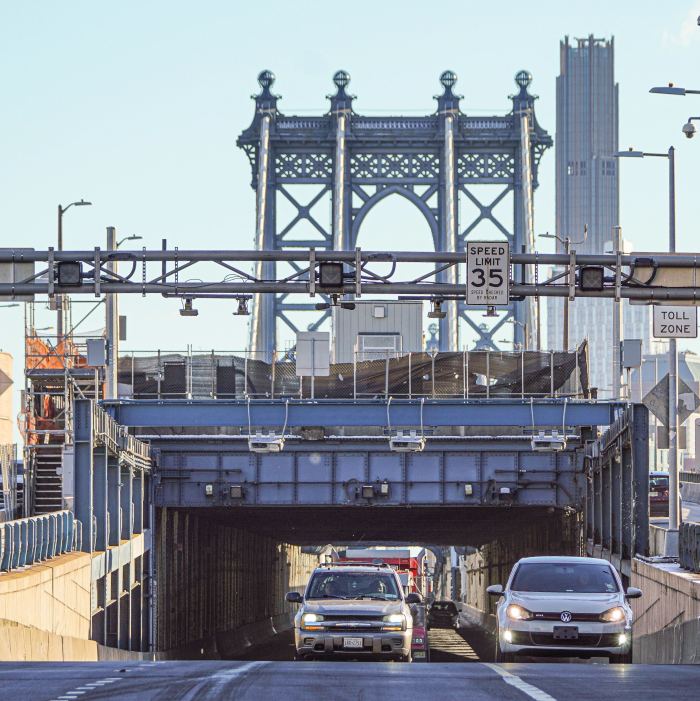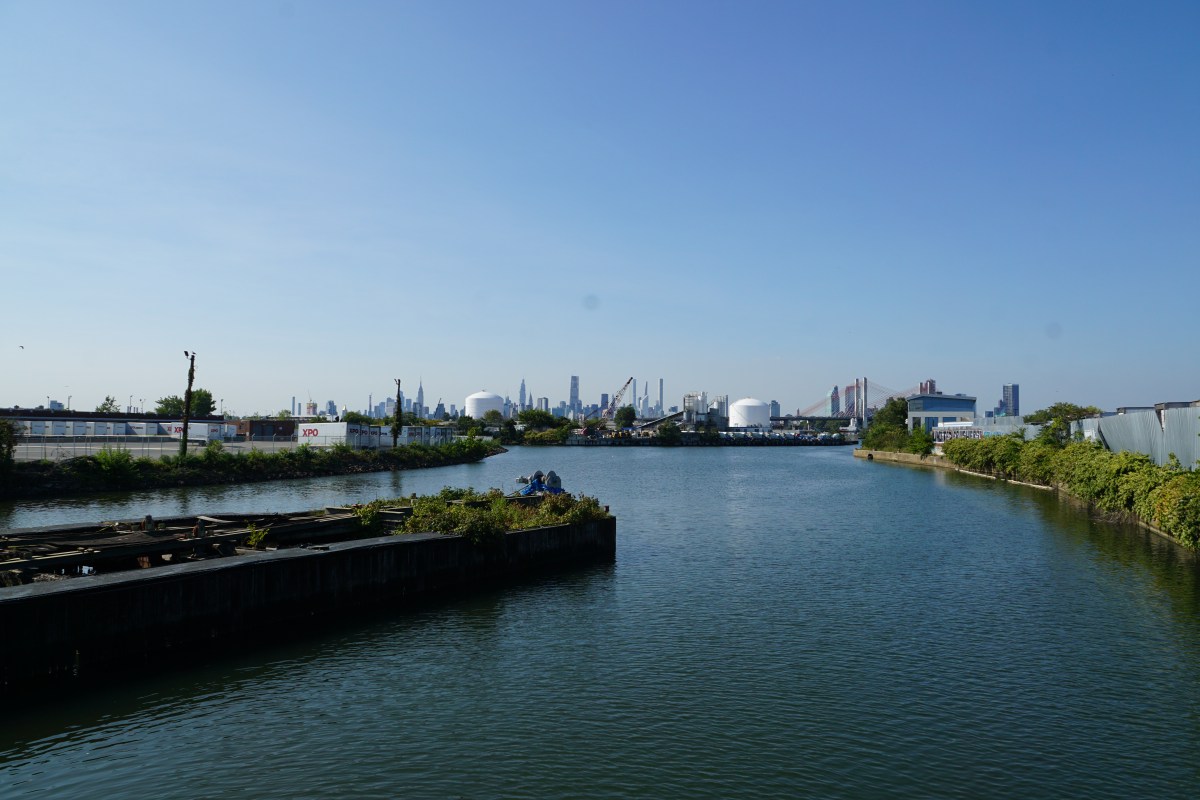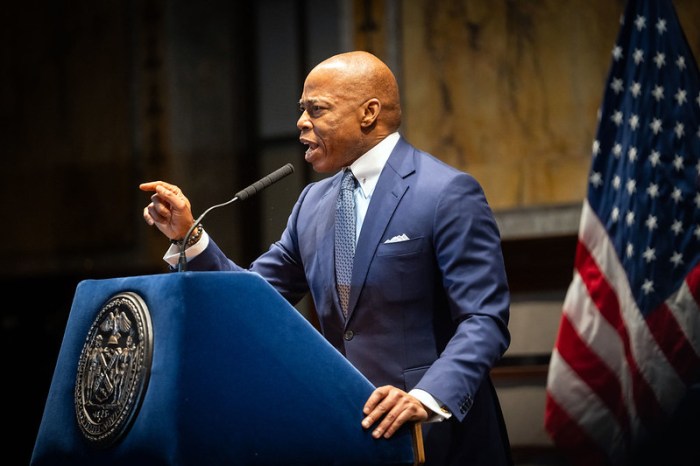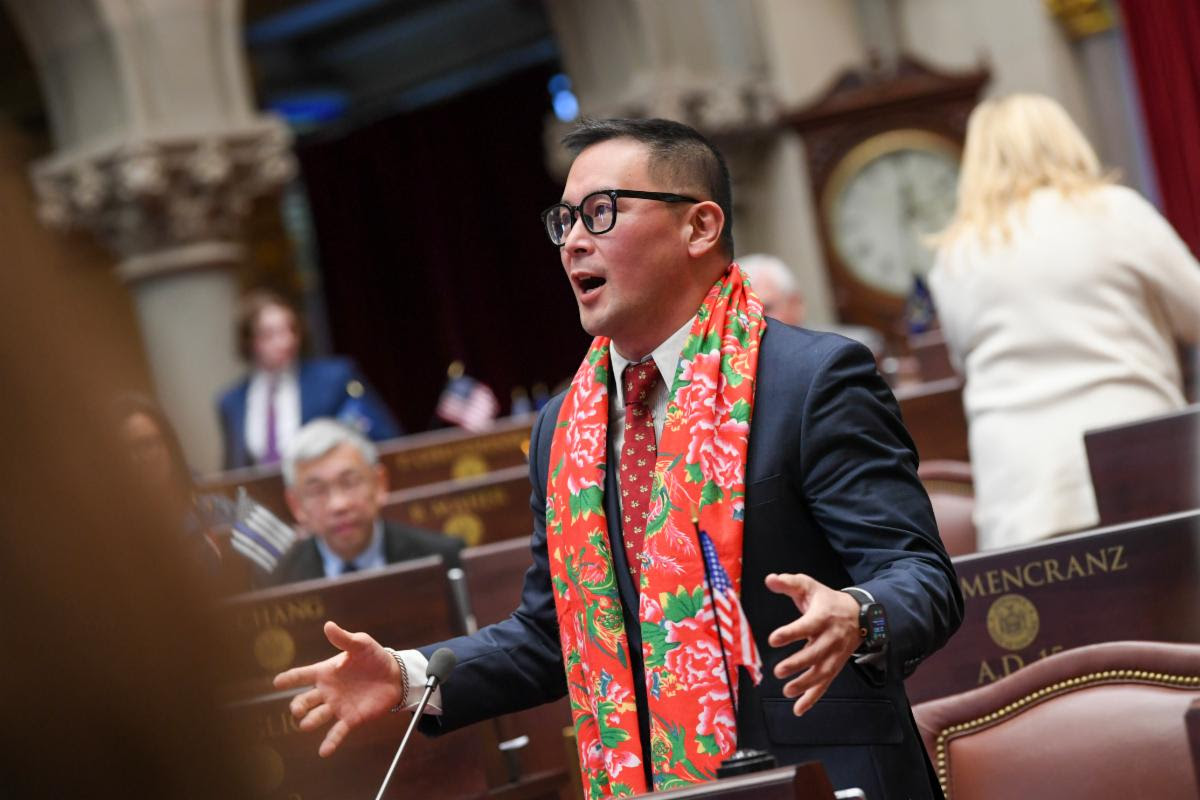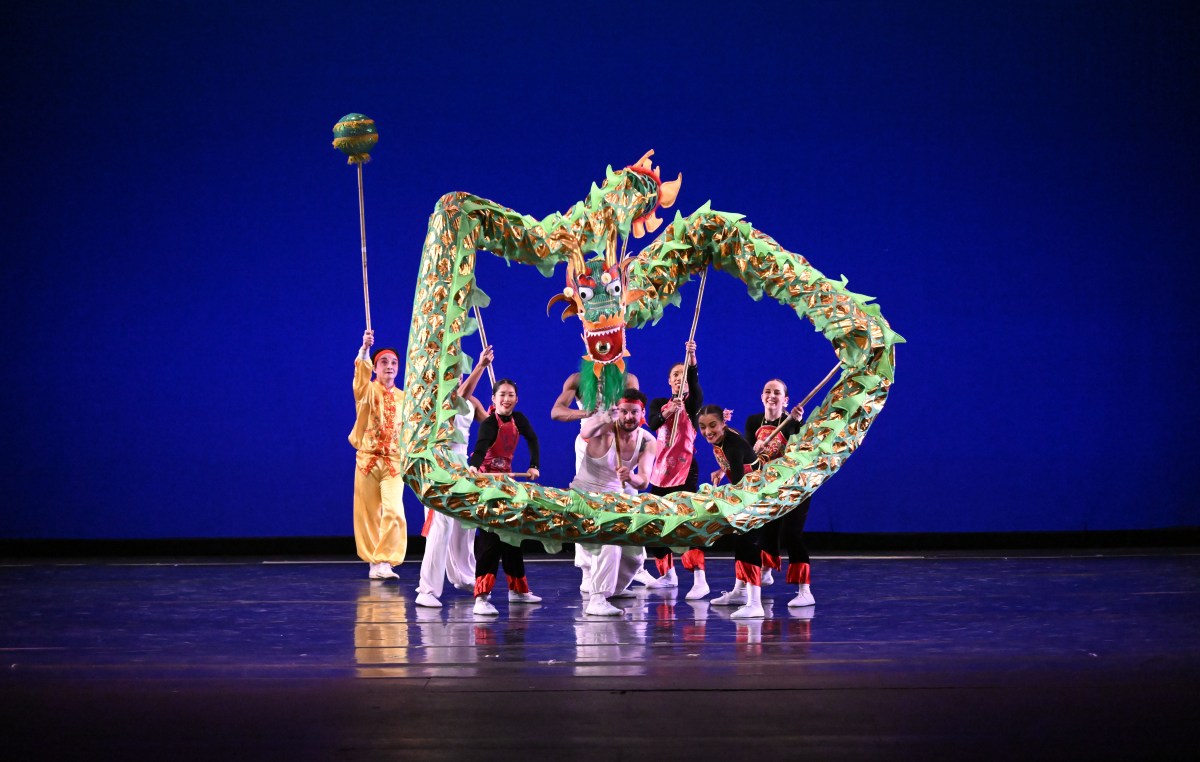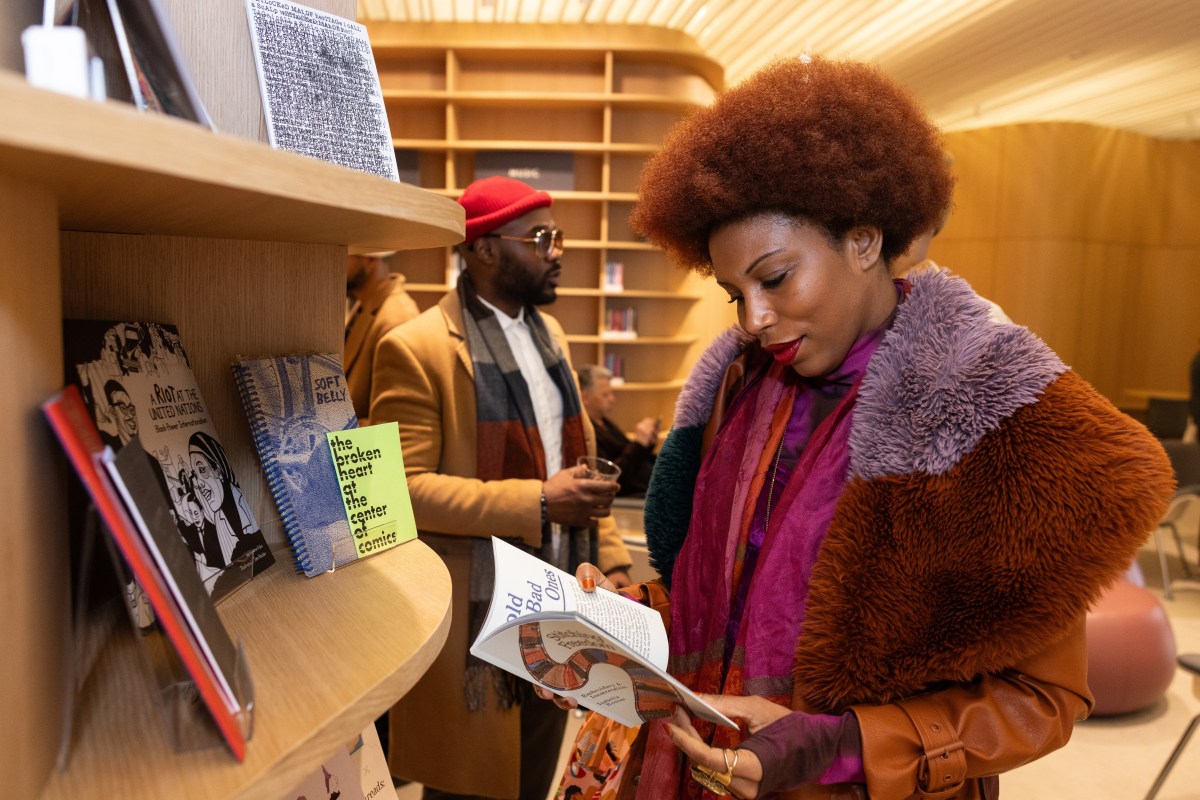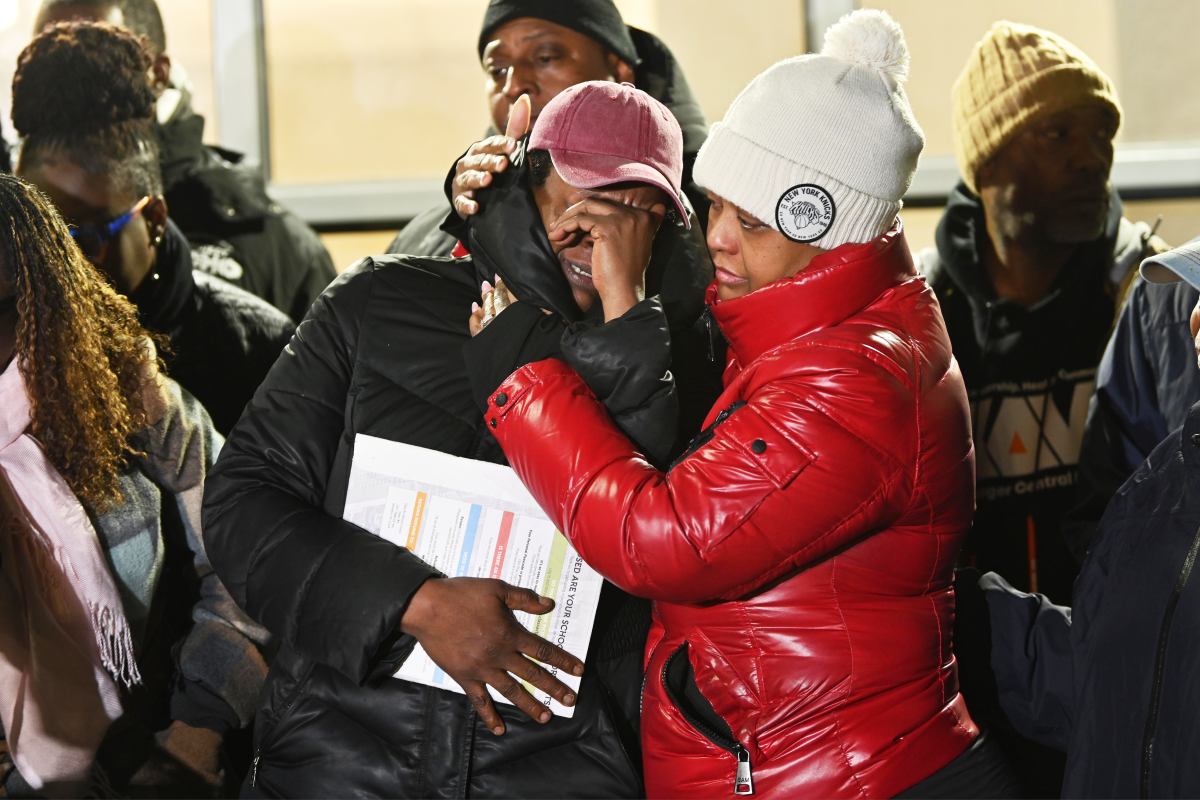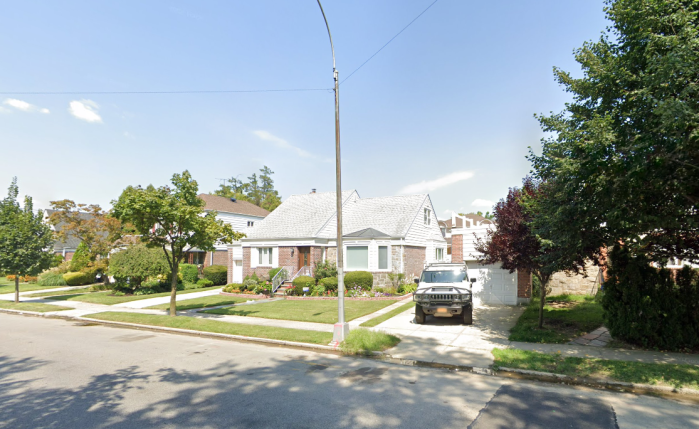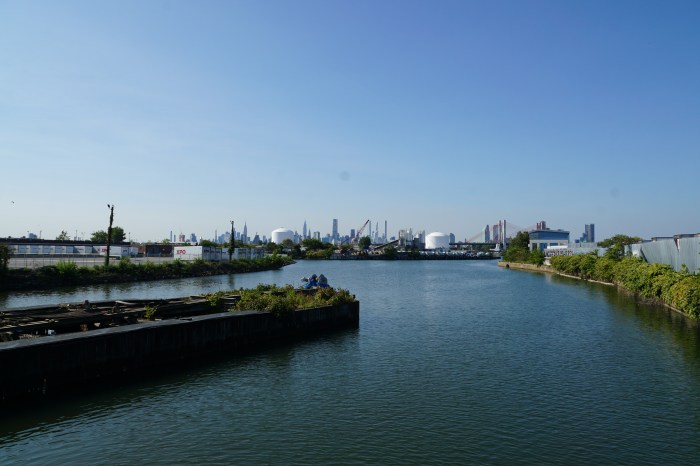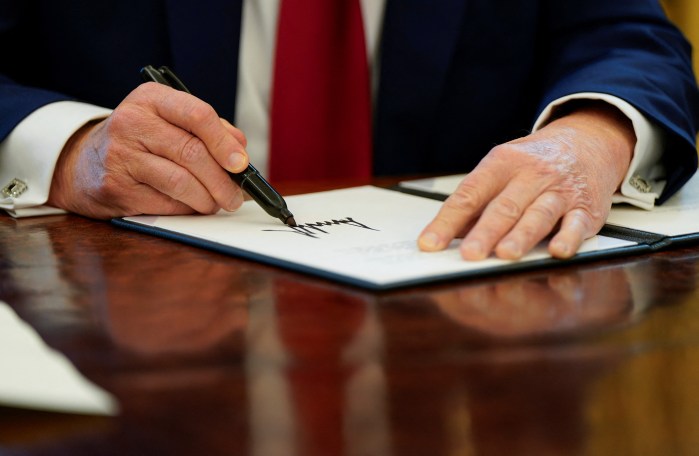Thousands packed Sixth Avenue and Central Park for the Queer Liberation March and rally on Sunday, which featured no floats and rejected corporate sponsorship in a challenge to what many view as the over-commercialization of the Pride movement.
Carlos Cruz, 38, from Brooklyn, said he came out for the march after he felt that he did not belong at the official Pride events.
“Now the Pride parade is a commercial show,” he said.
“We live in a state of emergency. Our lives are being compromised, not only here, but everywhere in the world. LGBTQ-plus communities need to be visible more than ever,” he added.
Manhattan Borough President Gale Brewer said she felt very positive as she arrived at the march.
“Young people get it. It was very exciting for me to see the young people in my [Hunter College] class talk about people’s LGBTQ rights,” she said. “And understand you can be who you are no matter what gender and what pronoun. That’s the first time I’ve heard that and I’ve been teaching for 20 years.”
Andie Markowitz, 24, and Holly Brennan, 25, both from Brooklyn, said that the march was different for them because it rejected the notion that police violence toward queer people ended at Stonewall.
“It’s not corporate. And no cheering for the NYPD. That makes me [expletive] scream when I see that,” Markowitz said.
Undeterred by a brief period of heavy rain, the marchers rallied at the Great Lawn in Central Park to listen to speakers from different corners of the movement.
The crowd cheered amid chants of “sex work is work” and calls to be “unapologetically left” in their struggle.
Marchers continued to stream in as Ellen Shumsky, a former member of the original Gay Liberation Front, addressed the crowd.
Shumsky heralded the march and rally as signifying a new direction for the movement and an expansion of inclusivity for all queer people.
“At this time, the emphasis on queer liberation feels to me to be more inclusive and to the point,” she said.
Shumsky said that her original awe at the power of the gay rights movement was soon joined by a concern over the inclusion of powerful interests, describing some Pride events as “ … a wild commercialized party filled with corporate-sponsored floats.”
“I see this Reclaim Pride March as a natural expression of a new more inclusive sexual and gender revolution,” Shumsky added.




